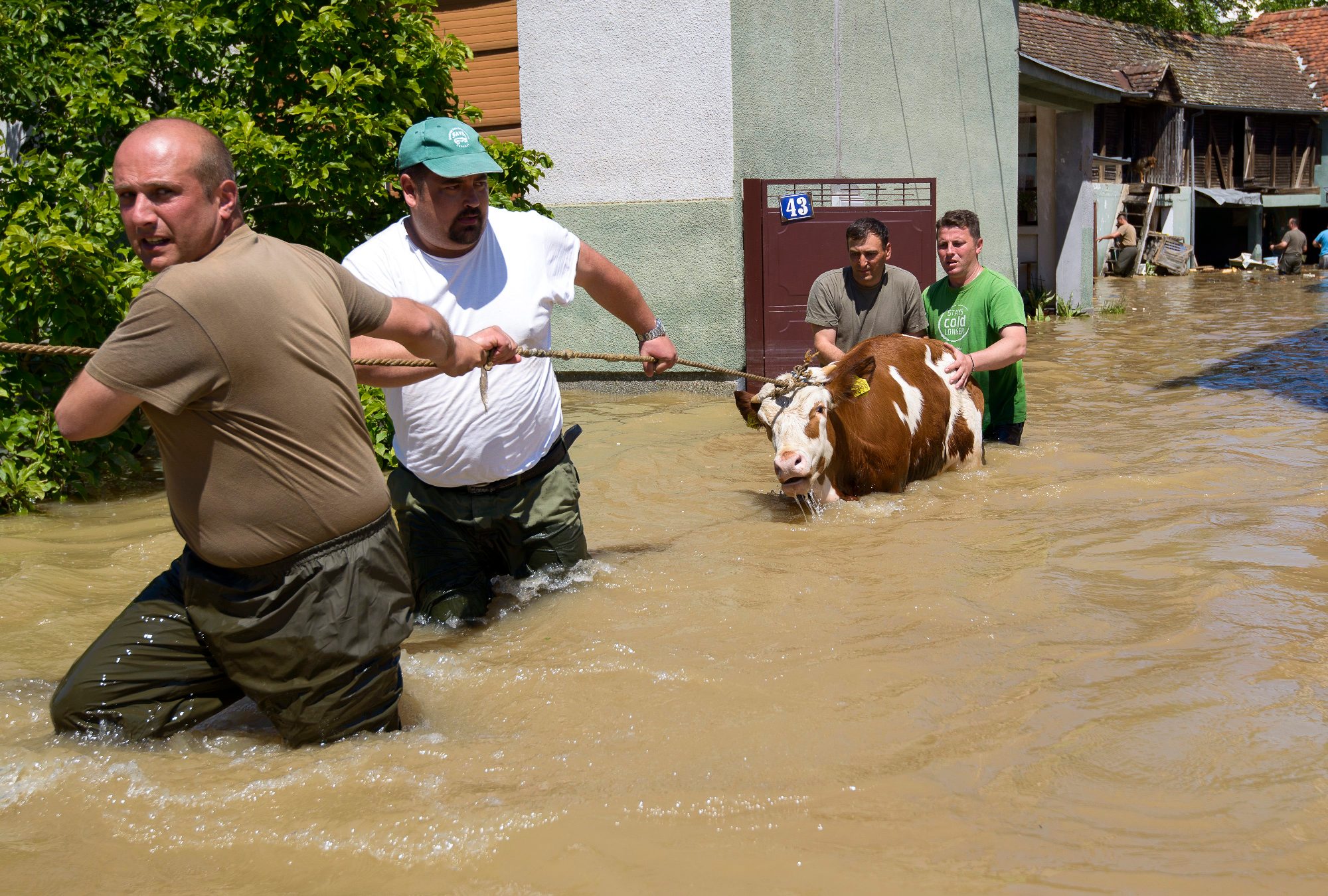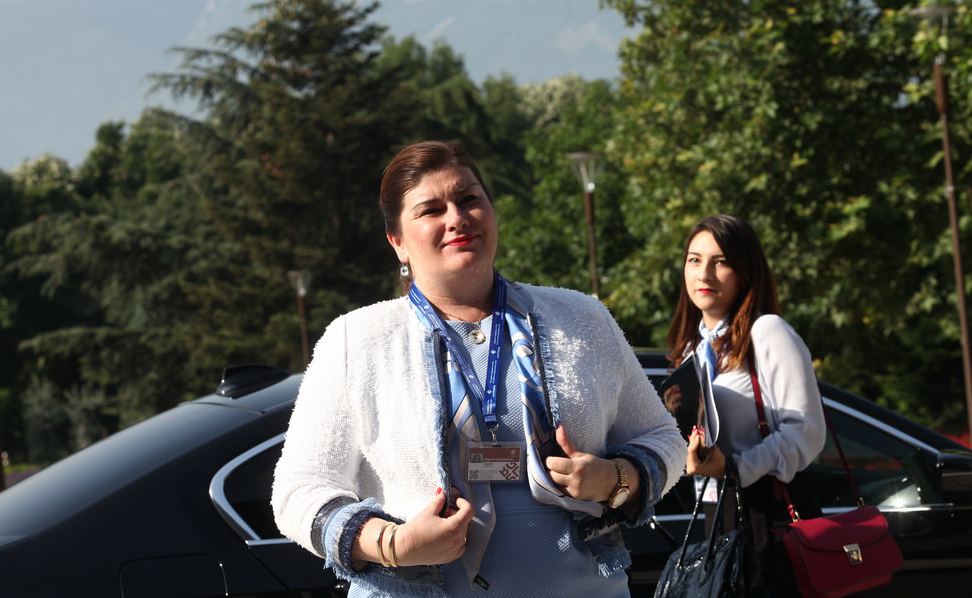
One of the biggest victims of this year's State budget revision is absorption of EU funds. According to this year's proposed rebalancing, which the Government sent into Sabor procedure at the session on Friday, Croatia will draw from EU funds close to HRK 2.7 billion less than the Government originally planned.
Proposed rebalanced 2018 State budget shows this and it was confirmed by unnamed Government sources. The item 'aid from international organizations and EU institutions and bodies,' which includes EU funds, was originally planned at more than HRK 13.6 billion. However, proposed rebalancing cuts the item some HRK 2.65 billion, with the new, corrected, income from EU funds for 2018 at just over 10.9 billion. The Finance Ministry's presentation shows that the item on the income side of the budget was cut, with "changed dynamics of absorption of EU funds" listed as the reason.
Contracts
- Competitions last longer than planned, so it is clear that some of the planned funds will not be used this year, but next year - an unnamed Government source revealed.
The Ministry of Regional Development and EU Funds noted there is no reason to be unhappy despite lower absorption of EU funds this year.
-Thus far we drew on approximately 55% of the allocation for the period between 2014 and 2020, which stands at close to EUR 10.7 billion, while the figure stood at just 9% at the start of the Government's term. If we continue at this pace, we believe that we will be able to absorb the funds in full - said an unnamed source from the Ministry of Regional Development and EU Funds, but did not want to discuss any details.
However, closing contracts is not the same as absorbing funds, warned former Minister of Regional Development and EU Funds of then Kukuriku Coalition Branko Grčić.
-What they held against us has now become their problem. Implementation of projects financed through EU funds is poor, which is why we have drawn on only 14% of allocated funds, some EUR 10.7 billion. This is real absorption, rather than closed contracts, because closing contracts is not the same as absorbing funds. There is a long way from signing contracts to absorbing funds - warned Social Democratic Party (SDP)'s economic strategist.
Grčić warned that main problems include unrealistic goals, slow implementation of projects and unpreparedness of public administration for implementing complex projects. This is why each year, he warned, we set certain goals with regard to absorption of EU funds and later radically change these goals through State budget rebalancing.
-In 2017 we implemented projects worth some HRK 7.3 billion and this year the figure was revised from 13.6 billion to 10.9 billion, but we will most likely not absorb 10 billion. I believe that the goal for next year, set at HRK 17 billion, is not achievable. It would be a miracle if we managed to reach this goal - stressed Grčić.
The Pelješac Bridge
He sees the biggest problems in implementation in sectors of traffic and environmental protection. While construction of the Pelješac Bridge will allow sectors of traffic and construction to absorb more EU funds in coming years, Grčić warned that the concept has changed for the sector of environmental protection, which will likely have negative effects on implementation of projects.
Economic analyst Damir Novotny warned that projects in Croatia that are co-funded through EU funds are delayed for many reasons. Some are due to sluggish and incompetent administration, which is why projects take a long time to prepare and competitions are few and far between. Local government units are also part of the problem - many do not have workers trained to work on EU projects or funds for participation. There are some bizarre reasons as well. Novotny pointed to the "fastest finger" case as such, which the media in Croatia recently reported on, which was set up to provide EU funds to the projects that apply first, irrespective of quality. Novotny pointed out that this results in Croatia stagnating with regard to absorption of EU funds compared to other new EU member states and does not come near old member states. This results in slower economic growth compared to what Croatia is capable of.
Burgenland Croats
-EU funds are important for spurring economic growth, which can be seen from the examples of other countries. The funds are important even for a developed country such as Austria, where Burgenland and Carinthia are among most efficient regions with regard to absorption of EU funds. In Burgenland, the funds were largely used for renewable energy and tourism projects. Considering the large Croatian minority in Burgenland, it is surprising that Croatia did not try to learn about absorption of EU funds from them - concluded Novotny.
The Vienna Institute for International Economic Studies (WIIW) warned about Croatia's poor absorption of EU funds, predicting that Croatian GDP growth will stand below 3%, but only if absorption of EU funds picks up pace. The WIIW warned about Croatia's demographic disaster.
The Ministry of Regional Development and EU Funds noted that we have no reason to be unhappy.
The Vienna Institute for International Economic Studies warned about Croatia's poor absorption of EU funds
Economic analyst Damir Novotny - There are many reasons why Croatia is not implementing projects co-financed through EU funds, which slows down the rate of economic growth
SDP's former Minister Branko Grčić - Implementation of projects is running behind schedule due to unrealistic goals and administration that is not prepared for demanding projects.





Za sudjelovanje u komentarima je potrebna prijava, odnosno registracija ako još nemaš korisnički profil....